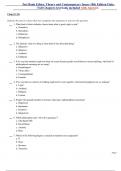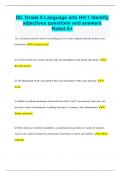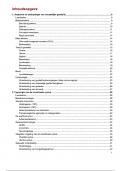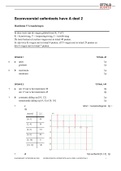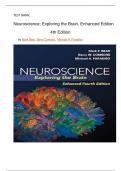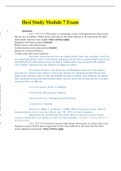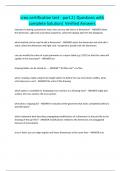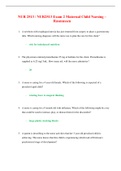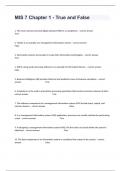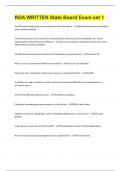Examen
Test Bank for Ethics: Theory and Contemporary Issues, 10th Edition by Andrew Fiala
- Grado
- Institución
Test Bank for Ethics: Theory and Contemporary Issues 10e 10th Edition by Andrew Fiala, Barbara MacKinnon. Full Chapters test bank are included. Chapter 1 to 20 Part I: THEORY. 1. Introduction to Ethics and Ethical Theory. 2. Religion and Global Ethics. 3. Ethical Relativism. 4. Egoism, Altru...
[Mostrar más]
